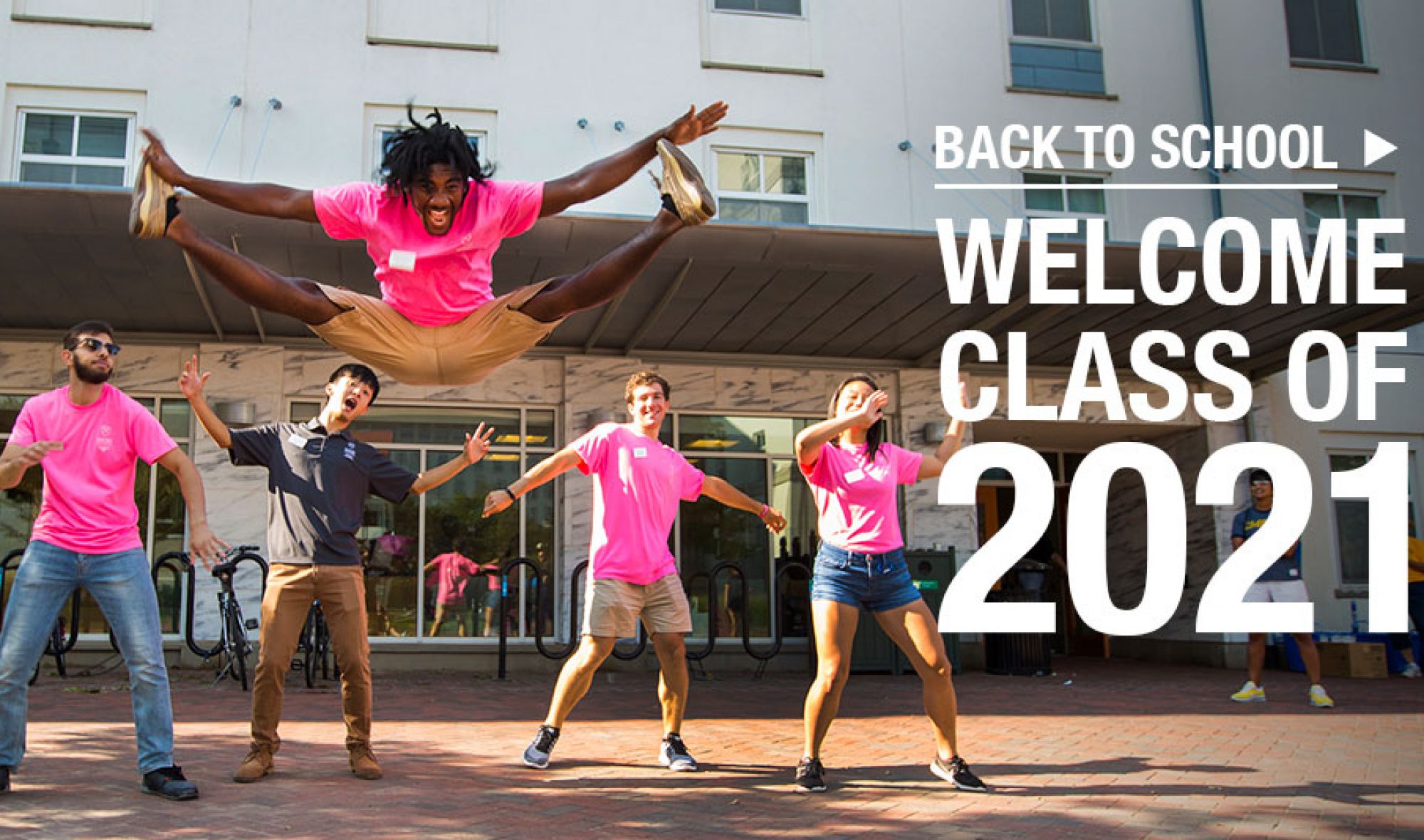The Beat Generation & Counterculture, 1940-1975: an exhibition celebrating the contributions of the writers, poets and artists of America’s Beat Generation. This exhibition reconsiders postwar literature and the ways it mirrored, predicted, and remade the culture around it. With its emphasis on the influential group known as “the Beats,” the show rediscovers a number of fascinating countercultural writers and remains the first major consideration of the Beats in the U.S. in nearly a decade.
The Beat Generation emerged as a key part of the U.S. counterculture in the years following World War II. The exhibition showcases the Beat spirit of exploration and experimentation around practicing politics, making art and building community.
This is an exhibition that looks at the power of literature to change our perceptions and to influence our culture. Thus, having an impact that is multi-generational and cross-disciplinary. All are invited to study, peruse and to be inspired by such creative energy. There remains a diverse group of people within this movement, united despite their differences by a commitment to radical experimentation and resistance to the mainstream; They have women and people of color writing, who congruently want to share their stories.
As we ventured into the realm of poetry for one hour in the Oxford Road Building, we began to evaluate and reminisce upon the environment in which the Beat took place. Co-curated by English PhD candidates Aaron Goldsman and Sarah Harsh, the pre-exhibition event began with the introduction of Anne Waldman’s endeavors.
As a prominent figure within the Beat Poetry Generation, Anne Waldman has been recognized as an organizer and instigator for the experimental poetry community; She has worked as an editor, teacher, performer, and cultural/political activist. Waldman, in her own words, is “drawn to the magical efficacies of language as a political act.”
Waldman has raised the bar as a feminist, activist and powerful performer. She has read in the streets, as well as numerous larger venues such as the Dodge Literary Festival in the U.S. and the Jaipur Literature Festival in India, while continuing to teach poetics all over the world. She remains a highly original “open field investigator” of consciousness, committed to the possibilities of radical shifts of language and state of mind, in order to create new modal structures and montages of attention. Waldman has received numerous awards and honors for her poetry, including the American Book Awards’ Lifetime Achievement, the Dylan Thomas Memorial Award, the National Literary Anthology Award, and the Shelley Memorial Award for poetry.
As Waldman entered the room, her long, dark hair, draped in black clothing and complemented with gold accents, set the tone for her poetry readings; She seemingly embodied the spirit and soul of her presentation. We began to recognize Waldman’s strong, firm stance as she spoke in a deep and fiery tone, which emphasized her rhetoric and purposeful language. Her words, wrought with passion and embrace, conveyed a lively and powerful voice. As she spoke, we glanced around at the ubiquitous captivation that took place within each individual of her audience: all eyes, bodies, and ears were focused directly on her.
Waldman’s poetic hymns are deeply connected to her work as an activist, along with her practice of Tibetan Buddhism. As she remains true to her artistic integrity, Waldman utilizes transitions which speak upon her performativity, often including rhetorical usage of chants, song, and emphatic reading.
As we employed Anne Waldman’s stylistic approach to poetry, we curated a poem which embodies the many aspects of our rapidly changing ecosystem. Just as Waldman conveys her message on environmental change, we harnessed her methodology within our reading. The Beat Generation, from 1940-1975, was an era in which poetry and art were simultaneous commentaries on American culture and political issues. Now, maintaining consistent ideologies, writers like Anne Waldman have brought back to life the importance and value of these messages in today’s society. Her galvanizing performances, extensive collaborations, and radical mission to inform our world on constantly changing policies and environment have reminded us just how powerful the effect of poetry can be.
Waldman’s provision and emphasis upon poignant views within her writing have conveyed not only the importance poetry has on our rapidly changing world, but how to properly implore the mechanisms of rhetoric within her poems. Thus, emanating her message tenfold. We highly recommend attending one of Anne Waldman’s performances, as we guarantee you’re in for a passionate, lively, informative experience like none other.
If you want to learn more about upcoming shows in the Beat Generation Exhibition, utilize this link : http://arts.emory.edu/calendar/?trumbaEmbed=view%3Devent%26eventid%3D124582818
Jenna Gursky and Daquon Wilson
